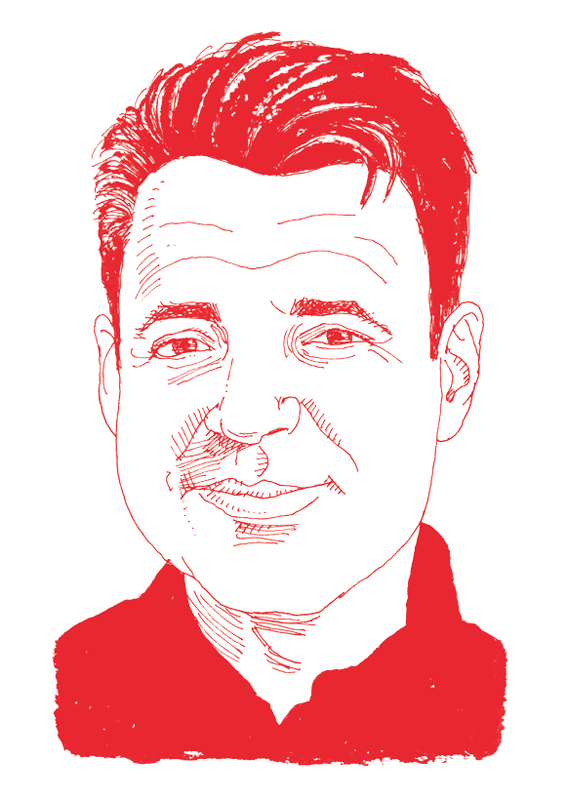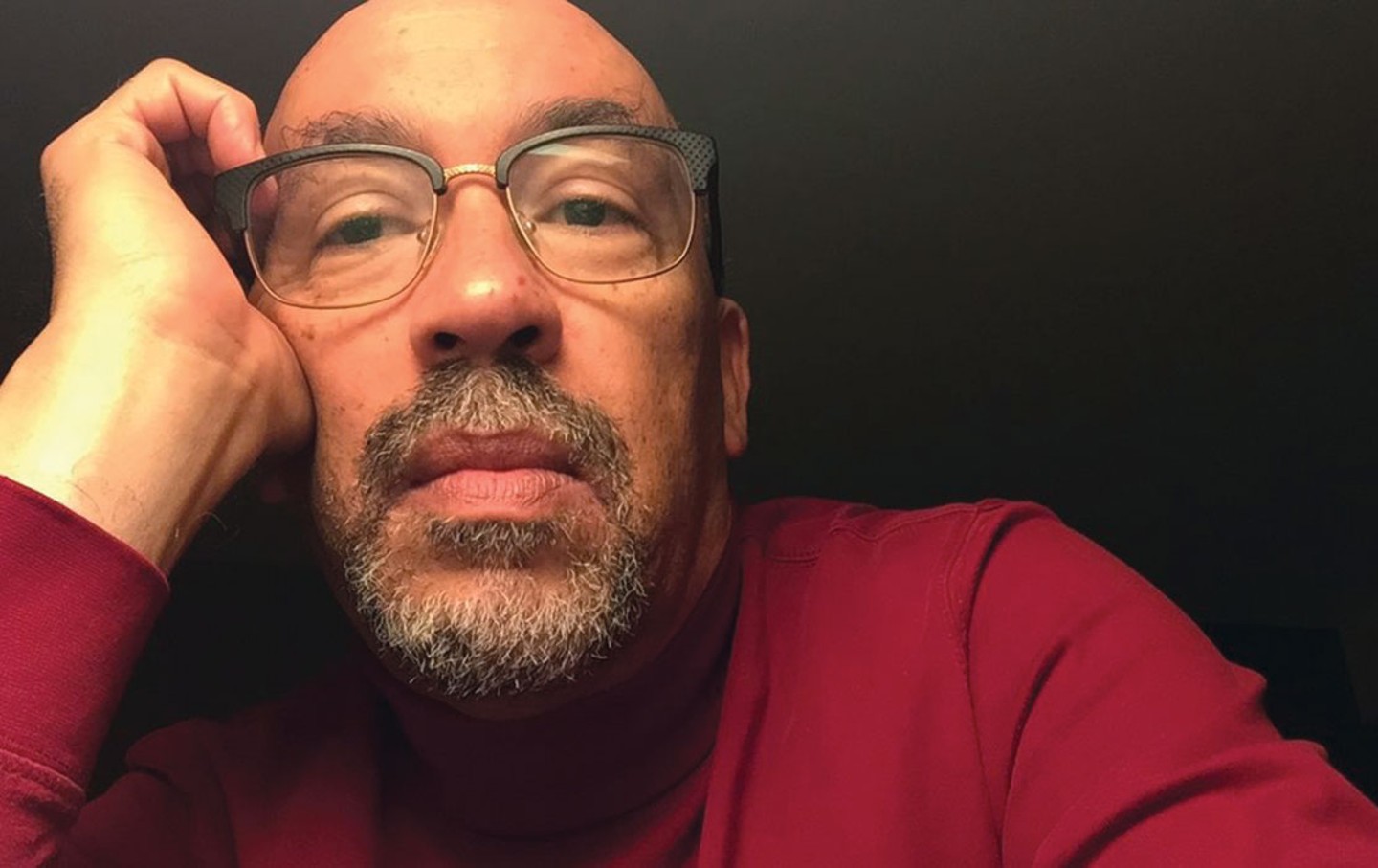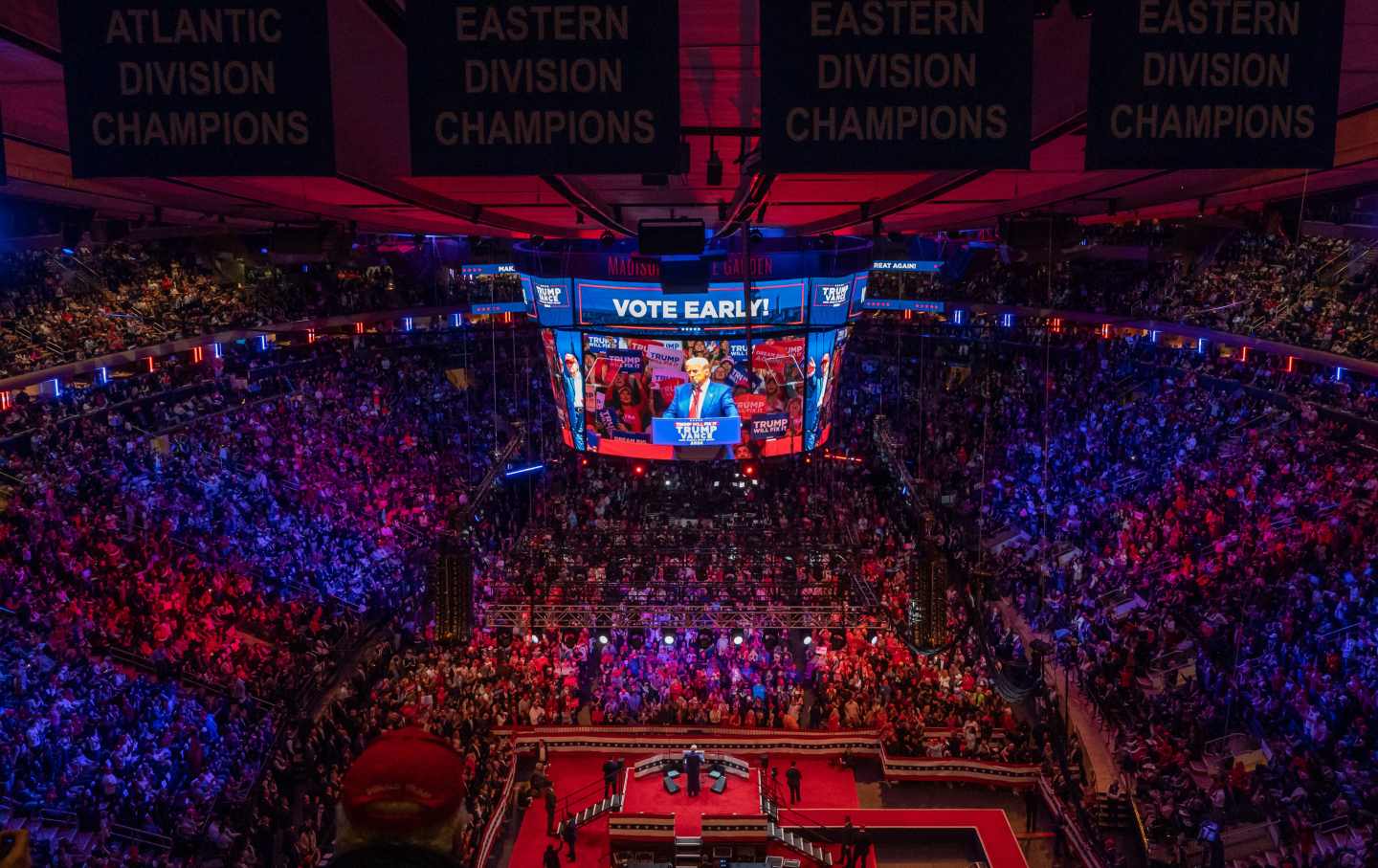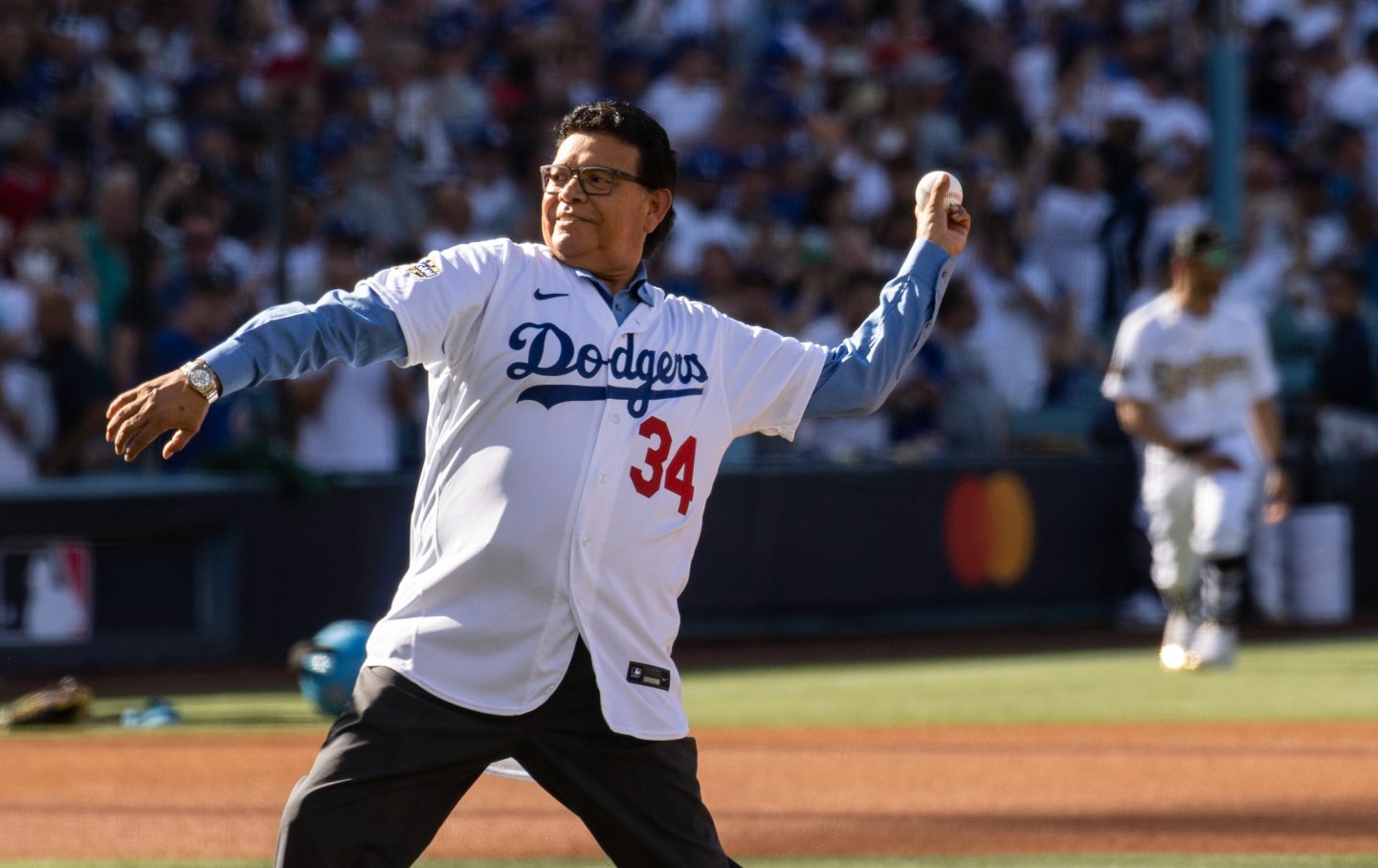The Shootings in Vermont Cannot Be Separated From Dehumanization of Palestinians Globally
The attack on Hisham Awartani, Kinnan Abdalhamid, and Tahseen Ahmed comes as Palestinians are silenced and oppressed across the Global North.
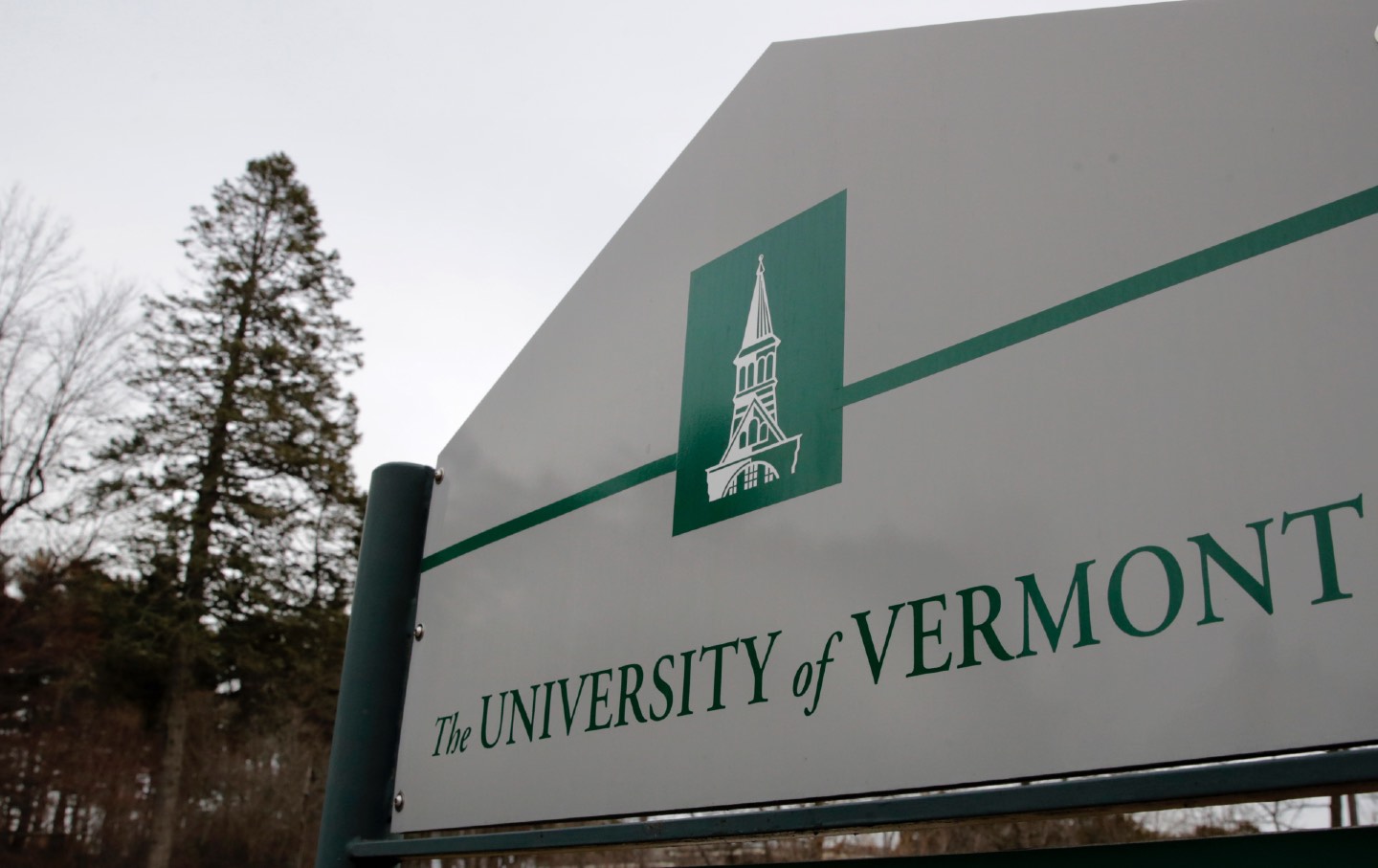
Police say three young men of Palestinian descent who were attending a Thanksgiving holiday gathering were shot and injured near the University of Vermont campus on November 25, 2023, in Burlington, Vt.
(Charles Krupa / AP)On Saturday, a man shot three 20-year old Palestinian college students in Burlington, Vt., near the Friends Meeting house, where Vermonters for Justice in Palestine regularly gather to plan how to stop the carnage in Gaza. As of this writing, two of the victims are in the intensive care unit, one of whom is in critical condition. Hisham Awartani, Kinnan Abdalhamid, and Tahseen Ahmed are undergrads at, respectively, Brown, Haverford, and Trinity University. Two of them are US citizens and the third is a legal resident; they became close at the Friends Quaker High School in Ramallah in the West Bank and were in town to celebrate Thanksgiving at Awartani’s grandparents’ house.
The three of them were strolling down a usually placid street speaking Arabic. Two of them wore keffiyehs. Then, according to a source close to the investigation, a man—since identified as 48-year-old Jason J. Eaton—allegedly appeared from behind yelling harassing language before opening fire. Eaton immediately shot two of them and the third while the victim was running to call the police.
The Arab American Anti-Discrimination Committee says the shooting should be investigated as a hate crime. “We are praying for a full recovery of the victims, and will stand by to support the families in any way that is needed,” Abed Ayoub, the ADC’s national executive director, said. “Given the information collected and provided, it is clear that the hate was a motivating factor in this shooting, and we call on law enforcement to investigate it as such. The surge in anti-Arab and anti-Palestinian sentiment we are experiencing is unprecedented, and this is another example of that hate turning violent.”
The families issued a statement asking for privacy. They also wrote, “We call on law enforcement to conduct a thorough investigation, including treating this as a hate crime. We will not be comfortable until the shooter is brought to justice. We need to ensure that our children are protected, and this heinous crime is not repeated.”
Police have been slow to reveal details of the investigation. According to those I spoke with on condition of anonymity, it is a department with a history of animosity toward Palestinian rights activists. Wafic Faour, a Palestinian activist in Vermonters for Justice in Palestinian, has been inundated by calls from terrified and angry community members trying to figure out what happened. “My first reaction was to go to the hospital and visit, but a parent of one of the boys said that they couldn’t talk because it is an open investigation,” he said. “Then I called the police department, and they promised me that they would call me later. But it has been hours and I have still heard nothing.”
Faour added, “We are trying to check on them. We want pressure to get information from the police because we have to deal with the anger and fear now in our community and they want answers.”
The shooting in Burlington, he said, comes on the heels of a “relentless attack from powerful institutions so every time we want to go to the street and rally or do an educational event it gets canceled. We bring renowned journalist and poet [and The Nation’s Palestine correspondent] Mohammed el-Kurd to the University of Vermont to speak and then he is banned from coming. Now we have these shootings in the most liberal state in the country. But I am not surprised because we live under a racist system, and Vermont is not special in this regard.”
The three young men had attended a vigil on Friday hosted by a coalition of Palestinian rights organizations in the area. They were walking by randomly and joined in.
These attacks and protests are happening amid bannings, cancellations, firings, violent rhetoric, and even prosecutions of those standing against the horrors in Gaza. This silencing and repression is spurring a rise of hate crimes against Arabs and Muslims. Yet there is also resistance, especially among young people. This generational opposition to Israel’s violence includes Awartani, Abdalhamid, and Ahmed, who stopped to join that Thanksgiving vigil. The next step for activists, in addition to demanding information from the police, is a statewide “free Palestine” demonstration in the state capital, Montpelier, on December 2. This shooting will no doubt be a source, as Faour said, of “anger and horror” for all in attendance.
Last month, Awartani attended a vigil at Brown University. He said—hauntingly, prophetically—in a speech, “If Palestinians had to hold vigils every time our people were massacred, we would be bankrupt from buying candles. There is no respite.”

